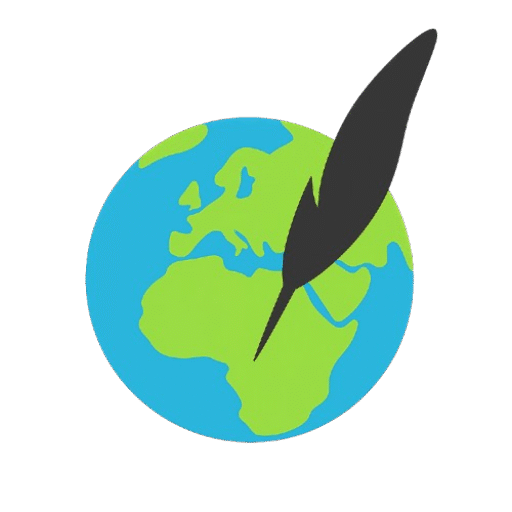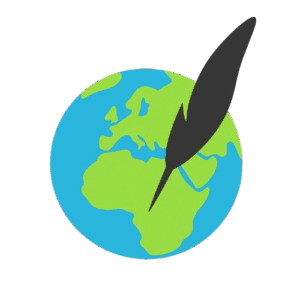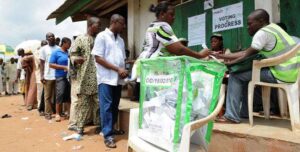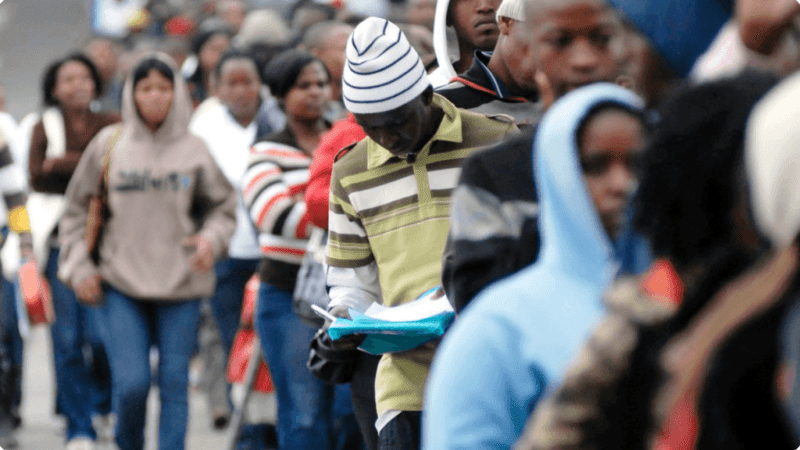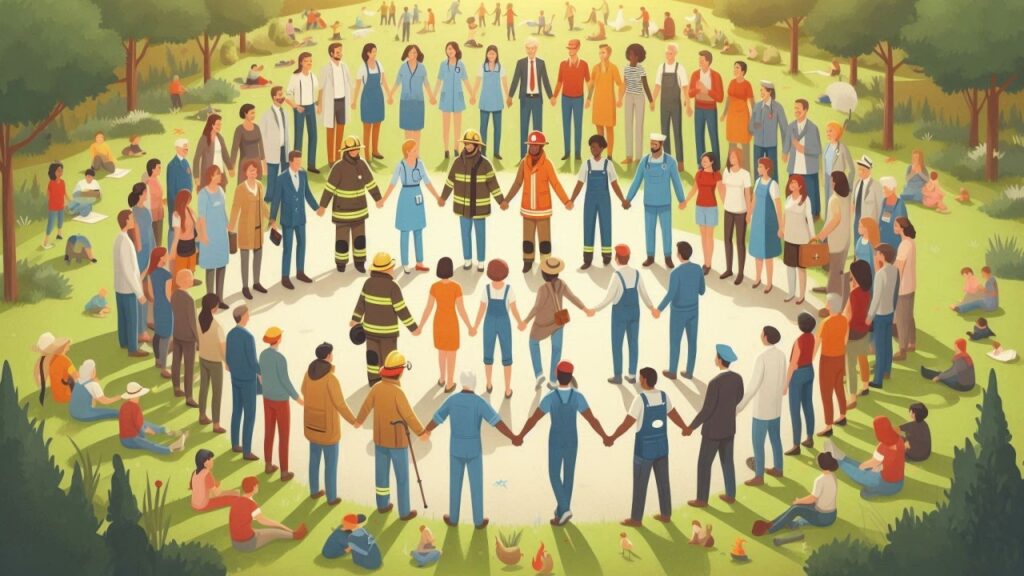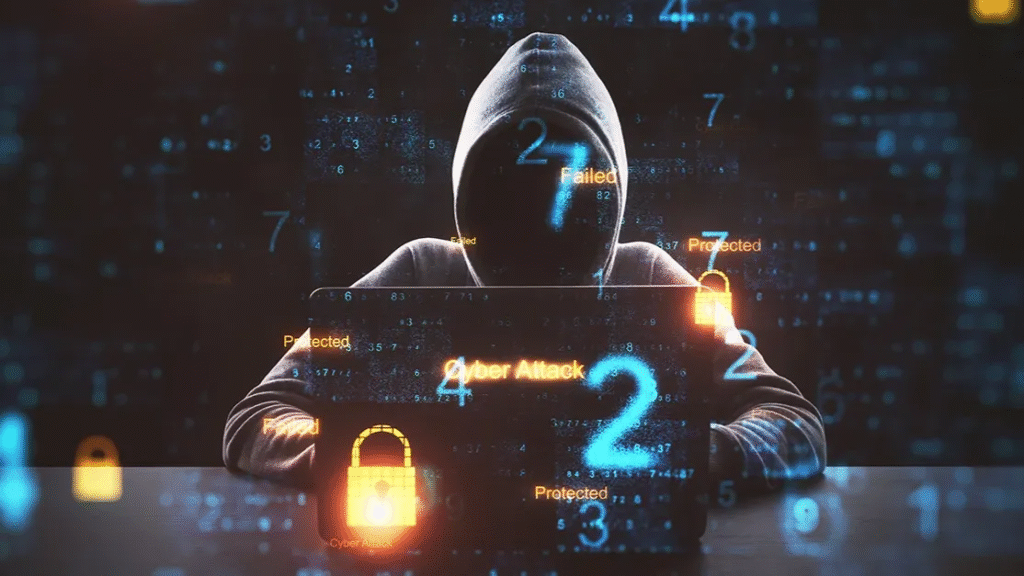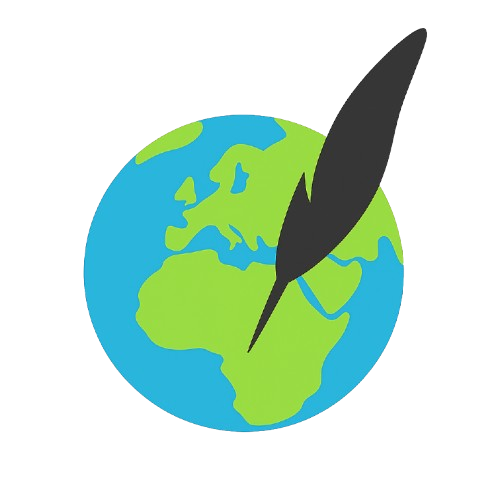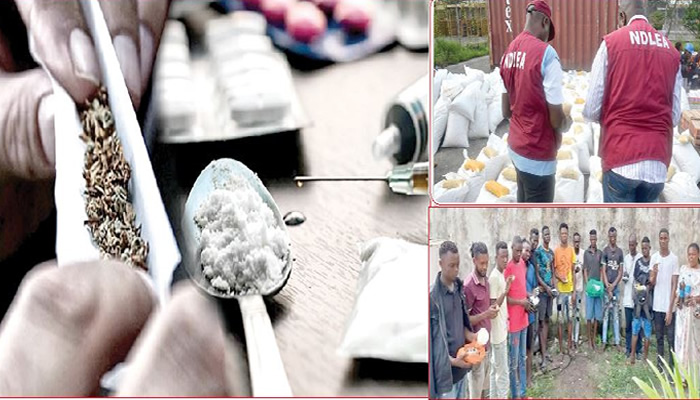
Lagos, Nigeria – July 2025 – In back alleys, abandoned buildings, and even schoolyards, a silent epidemic is growing among Nigerian teens: drug abuse. What was once considered a fringe issue has now escalated into a full-blown public health crisis, with devastating consequences for families, schools, and entire communities.
From cheap codeine-based cough syrups to synthetic drugs like molly and Colorado, local youths are increasingly falling victim to substance addiction—often before they turn 18.
A Crisis Fueled by Accessibility and Peer Pressure
In areas like Ojuelegba in Lagos, Gidan Waya in Kaduna, and Diobu in Port Harcourt, drugs are easier to find than textbooks. Sold cheaply and in plain sight, substances like tramadol, codeine syrup, skunk (a high-grade form of cannabis), and even crystal meth (locally known as “ice”) are being distributed by dealers targeting secondary school students.
“I started taking syrup in JSS 2,” confesses 17-year-old Dapo (not his real name), now undergoing rehabilitation in Ogun State. “At first, it helped me sleep. Then I couldn’t stop.”
Experts say peer influence, social media trends, unemployment, and poor parental supervision are driving the surge. Drug use is often glamorized online through music, memes, and videos, making it seem like a normal part of youth culture.
Schools on the Frontline
Teachers and principals across Nigeria report a rise in disciplinary cases involving drugs. In some secondary schools, students have been caught selling narcotics during break time. A recent raid in Abuja uncovered a supply chain running directly from a pharmacy near a school to a group of students.
“It’s like a war,” says Mrs. Adewale, a secondary school principal in Ibadan. “We’re not just teaching subjects—we’re fighting to save our students’ lives.”
Some schools have begun mandatory bag checks and invited former addicts to speak with students. But administrators warn that without wider community support, their efforts are limited.
Health and Mental Consequences
The effects of drug use among teens are not only physical but psychological. Mental health clinics across Nigeria are seeing a rise in adolescent cases of anxiety, depression, paranoia, and psychosis—all linked to substance abuse. According to the National Drug Law Enforcement Agency (NDLEA), drug-related suicide attempts among teens have doubled since 2021.
Dr. Halima Jatau, a psychiatrist in Kano, says many young patients come in too late. “By the time we see them, the drugs have altered their brain chemistry. It’s no longer just addiction—it’s mental illness.”
Families in Crisis
Behind every addicted teen is a family struggling to cope. Parents often face stigma, shame, and confusion. Many admit they missed the warning signs—withdrawal, sudden aggression, loss of interest in school—until it was too late.
In Enugu, Mrs. Amaka Eze’s son was arrested for drug possession at 16. “I used to think these things happened to other people,” she says. “Now, I check every bottle in my house.”
Support groups are slowly emerging, helping parents share experiences, access counseling, and seek legal advice. But most still suffer in silence.
The NDLEA’s Crackdown and New Challenges
In response, the NDLEA has intensified its operations, raiding drug dens and pharmacies and launching school awareness campaigns. Over 15,000 suspected dealers and users were arrested in the first half of 2025, including several targeting minors.
Despite these efforts, enforcement officers admit that new drug variants and online markets are complicating the fight. Dealers now use social media and messaging apps to reach young users discreetly.
“We seize one batch today, a new one appears tomorrow,” says an NDLEA official. “It’s a fast-moving, evolving threat.”
Solutions: Prevention, Education, and Rehabilitation
Experts agree: enforcement alone is not enough. What’s needed is a nationwide strategy focusing on prevention, early intervention, and youth empowerment. NGOs like Youth Against Drug Abuse (YADA) are making headway by organizing school tours, street theater, and peer mentorship programs across high-risk areas.
Rehabilitation centers are also expanding, but most remain underfunded and inaccessible to low-income families. Advocates are calling for a dedicated federal budget for youth mental health and addiction recovery.
A Wake-Up Call for the Nation
The drug crisis affecting Nigerian teens is more than a security issue—it is a generational emergency. With many of the nation’s youth facing addiction before adulthood, communities must act fast to reverse the tide.
Schools, parents, religious institutions, and government agencies must come together to send a clear message: drug abuse is not a lifestyle—it’s a trap. And help is possible.
If you or someone you know is battling substance abuse, reach out to the NDLEA helpline or visit the nearest rehabilitation center.
